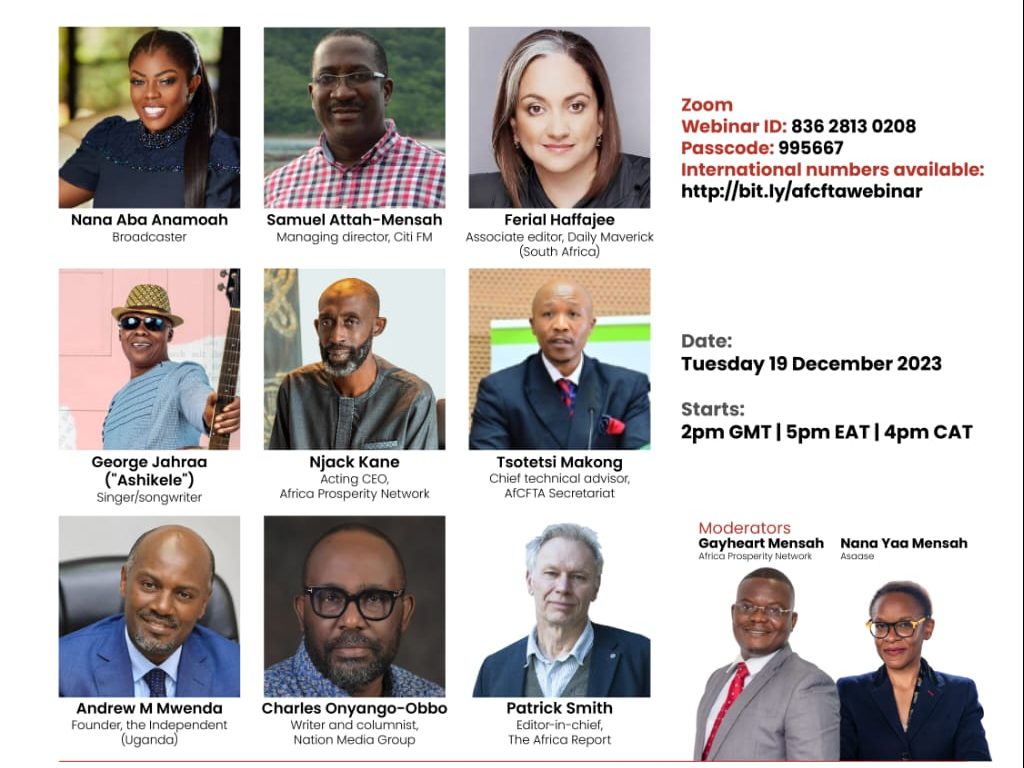
By Ernest Bako WUBONTO
Experts in the digital ecosystem at the 4th ‘National E-Commerce Forum’ – an initiative by the German Development Cooperation (GIZ Ghana) – have deliberated and proffered pragmatic solutions capable of addressing existing trust and security gaps in the digital trade space of Accra.
The forum, attended by policymakers, entrepreneurs and tech innovators from Ghana and the neighbouring West African sub-region, explored how e-commerce can drive inclusive growth across the continent.
The experts emphasised boosting regional integration and aligning national policies with the African Continental Free Trade Area (AfCFTA), which aims to create a unified digital market across Africa as a catalyst for e-commerce.
With digital infrastructure and internet connectivity still a challenge in most parts of the sub-region, participants highlighted the need for improved internet access, logistics, and payment systems to support cross-border digital commerce.
Digital Economy Advisor and Component Manager at GIZ, Emmanuel Mumuni, underscored the role of e-commerce as a tool to unlock opportunities for small businesses and young entrepreneurs – especially in underserved regions on the continent.
He highlighted that GIZ has a three-pronged approach in e-commerce integration among the informal sector: training small- and medium-scale enterprises (SMEs) directly in major regional capitals across the country, enabling them to use social media and other digital platforms to market their products and services for a wider market. This first approach is targetted at growing each beneficiary SME’s revenue base by at least 30 percent. However, some were able to grow their revenue by over 100 percent within an estimated period – a sign of transformative impact.
Secondly, as the programme has a three-year limit, it has also trained intermediaries; building the capacity of some selected innovation hubs to expand and carry on the capacity building of SMEs even after the project’s lifespan has expired. Over 30 innovation hubs have already received training and support across the country.
“The third layer is on the policy side. We are working with the National Information Technology Agency (NITA) on its regulation and policy, especially its role in the e-commerce space. Similarly, we are working with the Postal and Courier Services Regulatory Commission (PCSRC), which is directly related to the last man in the chain – the delivery people. We are looking at revising their Act to properly regulate and integrate courier operators into the system,” he said.
Executive Secretary-PCSRC Cosmos Anpengnuo highlighted the need to protect and promote trust in e-commerce, as it’s the backbone of thriving digital transactions. As such, he emphasised the regulation and licencing of all courier and delivery service providers for identification and traceability.
“Consumers must first find out if the person being contacted to do the delivery is registered with the appropriate authorities for traceability when/if the goods go missing. When missing items cannot be traced or the goods have been tampered with, nobody can be held accountable and trust is lost,” he said.
He emphasised that without trust, no amount of technology can drive e-commerce. The forum highlighted that Public Key Infrastructure (PKI) and the Digital Transformation Centre form the backbone of trust systems crucial for e-commerce to thrive across borders.
Mr. Anpengnuo noted that regulators are actively working to consolidate oversight conflicts, explaining that “when regulators’ oversights are streamlined, businesses can concentrate on their core competencies and improve performance”.
Panel discussions titled ‘Unlocking the AfCFTA for Digital Trade and E-Commerce Growth in Africa’ and ‘Breaking Barriers: Strengthening Cross-Border Logistics’, emphasised that for e-commerce to thrive across borders, the access and movement of goods and services must be efficient and swift.
The post 4th national e-commerce forum deliberates on unlocking Africa’s digital trade potential appeared first on The Business & Financial Times.
Read Full Story


















Facebook
Twitter
Pinterest
Instagram
Google+
YouTube
LinkedIn
RSS